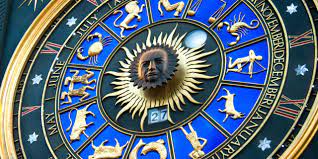
Astrology, an ancient practice rooted in the observation of celestial Accurate astrology reading bodies and their influence on human affairs, has captivated humanity’s imagination for millennia. This intricate system of divination revolves around the belief that the positions and movements of celestial objects—such as planets, stars, and the moon—can shape and foretell events, personalities, and the course of one’s life.
A Historical Journey
The origins of astrology date back thousands of years, with its roots embedded in various ancient civilizations such as Babylonian, Egyptian, Chinese, and Indian cultures. Early practitioners meticulously charted the skies, mapping the movements of celestial bodies and associating them with earthly events and human behavior.
The Babylonians, for instance, developed one of the earliest known astrological systems around 2,400 years ago. Their astrological observations formed the basis of the zodiac—a celestial belt divided into twelve equal parts, each associated with specific constellations.
The Foundations of Astrology
Astrology operates on the principle of interconnectedness between the cosmos and life on Earth, asserting that the positions and relationships of celestial bodies at the time of a person’s birth can reveal insights into their character, strengths, weaknesses, and potential future events. Key components of astrology include:
1. Zodiac Signs: The zodiac consists of twelve signs, each linked to specific dates and associated with distinct traits and characteristics. These signs, determined by the position of the sun during one’s birth, include Aries, Taurus, Gemini, Cancer, Leo, Virgo, Libra, Scorpio, Sagittarius, Capricorn, Aquarius, and Pisces.